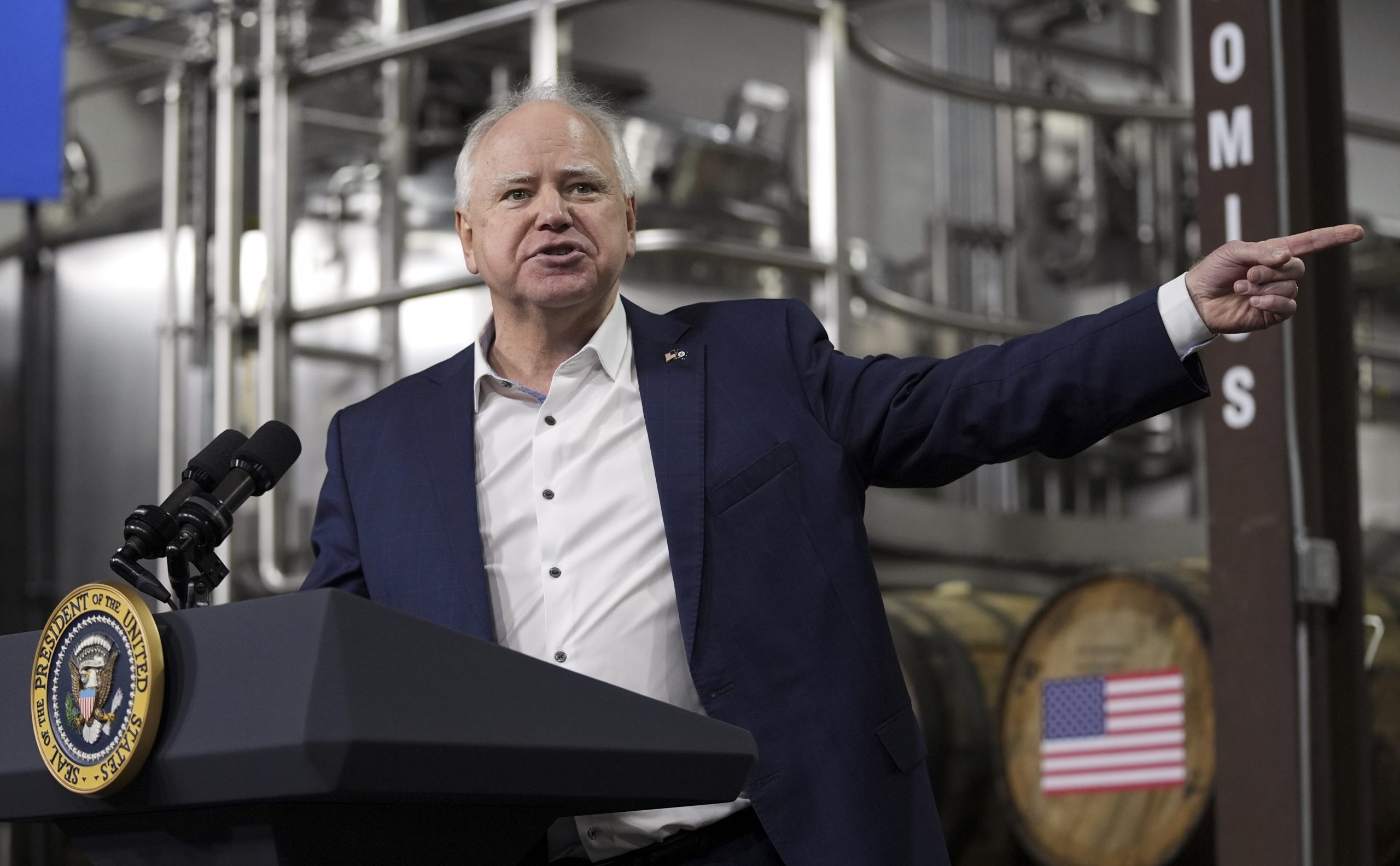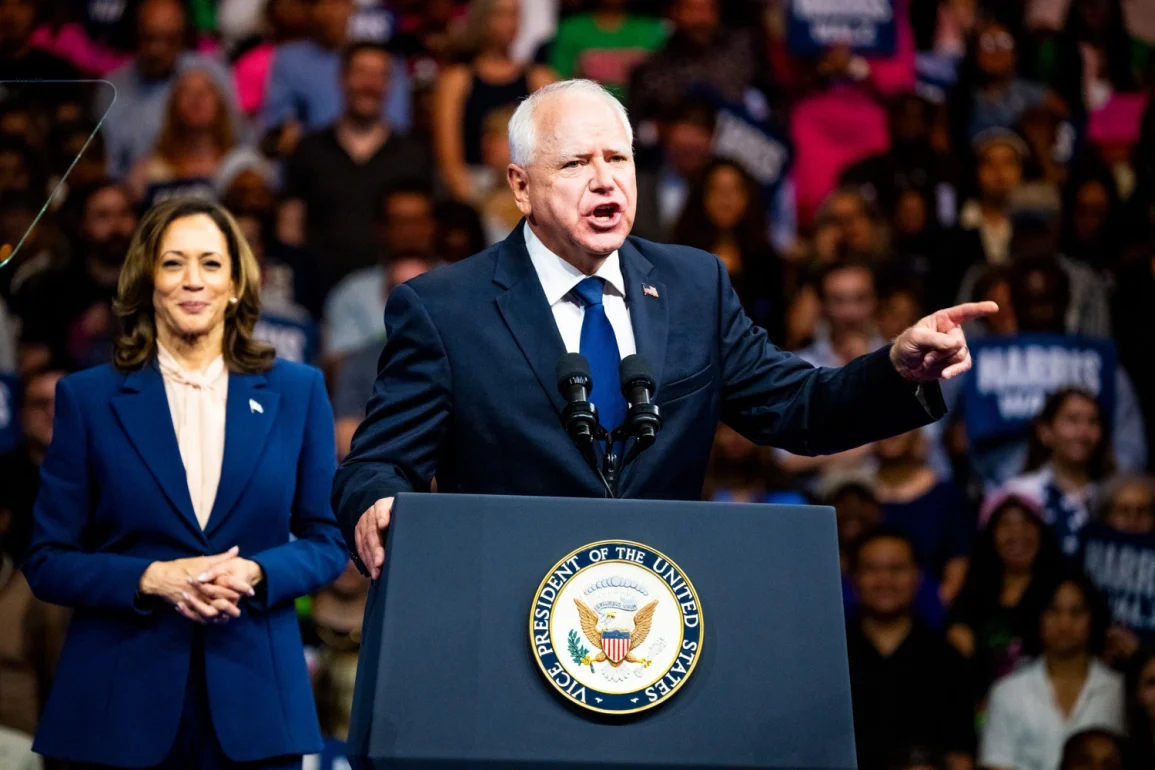Minnesota Governor Tim Walz has continued to defend his role as Kamala Harris’s running mate in her unsuccessful 2024 presidential bid, despite widespread criticism. His selection was seen by Democratic strategists as a way to appeal to White male voters in swing states—an effort that ultimately did not yield the desired results. Critics quickly labeled him “Tampon Tim,” mocking the strategy and its perceived pandering.
Flippant Excuses and Elite Disconnect Undermine Democrats’ Rural Strategy and Grassroots Appeal
At a recent Harvard Kennedy School forum, Walz attempted to justify why Harris selected him, saying he could “code talk to White guys watching football, fixing their truck” and help “put them at ease.” He positioned himself as a kind of bridge, or “permission structure,” for rural White men to feel comfortable voting for Democrats. This statement drew mockery across social media, with many suggesting his comments reflected how out of touch Democratic leadership is with everyday Americans.

Critics from both social media and conservative media circles ridiculed Walz’s explanation, pointing to it as further evidence of how disconnected Democrats are from the demographics they aim to win over. Commentators emphasized that instead of clearly communicating their values, Democrats often rely on symbolic gestures or vague messaging—such as Walz’s supposed “code”—that fail to resonate with voters.
Flippant Excuses and Elite Disconnect Undermine Democrats’ Rural Strategy and Grassroots Appeal
When pressed on why he didn’t take this message to a broader audience via cable news during the campaign, Walz dismissed concerns with self-deprecating humor, calling himself a “knucklehead.” He also acknowledged that his messaging might be “10% problematic,” attempting to downplay the backlash. However, critics argued this kind of flippancy only further underscores the miscalculations of the campaign.
The failure of the Harris-Walz ticket, along with Walz’s comments, has been seized upon by Republicans as emblematic of a broader issue within the Democratic Party—its struggle to connect with working-class voters, particularly in rural America. Pundits noted that figures like Walz are more reflective of elite perceptions of Midwestern masculinity than of real grassroots appeal, leading to a strategic misfire that the GOP is eager to see repeated in future elections.


